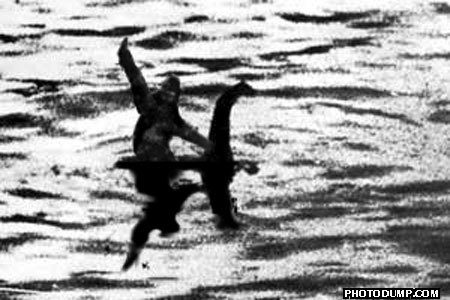In a sense, yes. The universe as you see it will cease to exist when you do. No one else has your exact, particular way of perceiving things.if the existence of anything depends on the presence of observable evidence
then the existence of the universe is totally dependent on the fact that i am here to observe its existence
so if - in dying - i cease to exist, then the universe will also cease to exist
And it will be true--in a sense.but if i die and cease to exist, there will be no way for me to know
so in the absence of any evidence to the contrary, i must assume that everything else (including you) will also cease to exist the moment i die
It's true that we depend to an extent on the observable evidence to conclude what does and does not exist. We combine evidence with our best efforts at reason and logic to determine how the world really is--and being limited little humans, we get plenty of stuff wrong both as a species and as individuals.the only way for me to believe that everything else will continue to go on in my absence is to have faith, not proof
if i can believe that you and the world around you exists without me being able to observe any physical evidence to support it (because i no longer exist after death), then why am i unable to believe in other things that do not have any observable physical evidence?
We often have to come to conclusions about things which cannot be directly observed--atoms, for example. I've never seen an individual atom, yet I'm confident they exist based on the evidence that is observable combined with the strenuous efforts of many people before me.
The thing is, though, just because neither thing A nor thing B can be directly observed does not mean the existence of both is equiprobable, which to me seems to be implied by what you're saying.

